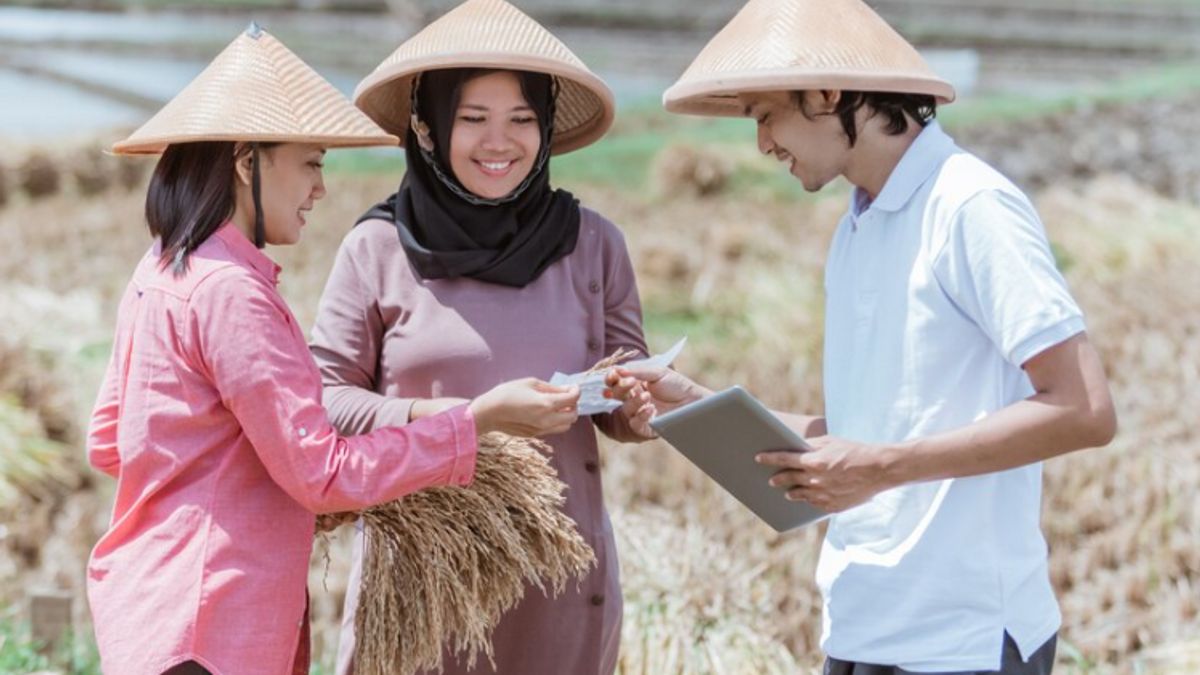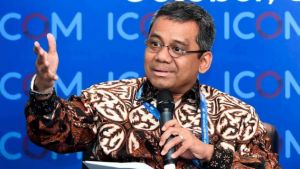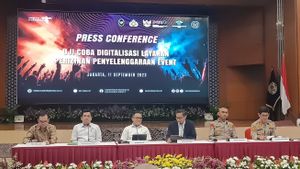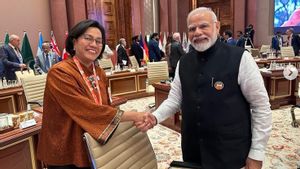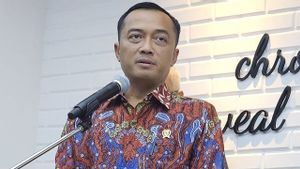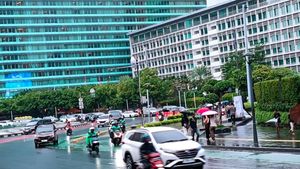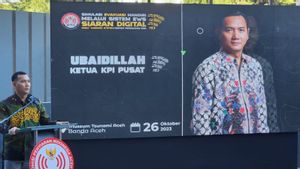YOGYAKARTA - The smoothness or stability of economic activity really depends on the economic system being implemented, be it on the scale of the state, government, region, and household. One of them is a traditional economic system that is identical to rural communities. So what is a traditional economic system and its characteristics?
Each country implements its respective traditional economic systems according to the conditions in the country. In Indonesia itself, the implementation of traditional economic systems plays an important role because many rural communities. However, there are still many who do not know what the traditional economic system is and its role.
Traditional economic systems are economic procedures that come from practices, norms, and values that have been rooted in a community for centuries. It can be interpreted that traditional economic systems refer to the customs, history, and beliefs that have been passed down from generation to generation.
Usually traditional economic systems are implemented in rural areas, with a main focus on the agricultural sector in producing economic activity. There are at least two key elements in traditional economic systems, namely respecting cultural heritage and minimizing the waste produced.
In traditional economic systems, the government is not directly involved in economic activities but only functions as a supervisor of order. The main principle of traditional economic systems is to meet the daily needs of the people, not to seek profit.
The traditional economic system is run with an economic model where the production, distribution, and consumption of goods and services depend on existing traditions, cultures, and lifestyles for a very long time.
Traditional economic systems are not based on the principles of a free market or central economic planning as found in the economic system of capitalism or socialism. Traditional economic systems are often found in agrarian communities or communities that live in remote areas that have not been added to modern technology and massive economic change.
The traditional economic system has the following characteristics:
Traditional economic systems are strongly influenced by cultural, norm, and traditional values that have been trusted and applied for centuries. Economic practices are determined by factors such as religion, belief, and cultural habits that have developed for a long time.
The traditional economic system focuses on living in a community. Economic decisions are taken jointly by the community and the results are often divided evenly between them.
Usually in traditional economic systems, people specialize in limited work. Most members of society are involved in the production of traditional agriculture, fisheries, or handicrafts which are an integral part of their culture.
SEE ALSO:
Traditional economic systems tend to produce sufficient goods and services to meet the daily needs of their own people. They do not focus on excessive production or involvement in global trade.
Traditional economic systems tend to experience slow changes or economic growth due to efforts to maintain the sustainability of traditional values. Economic innovation is often in conflict or contrary to existing practices.
That is a review of what the traditional economic system is and its characteristics that distinguish it from other economic systems. This economic system is usually found in rural or agrarian communities.
Stay up to date with the latest domestic and other overseas news on VOI. You present the latest and most updated nationally and internationally.
The English, Chinese, Japanese, Arabic, and French versions are automatically generated by the AI. So there may still be inaccuracies in translating, please always see Indonesian as our main language. (system supported by DigitalSiber.id)
